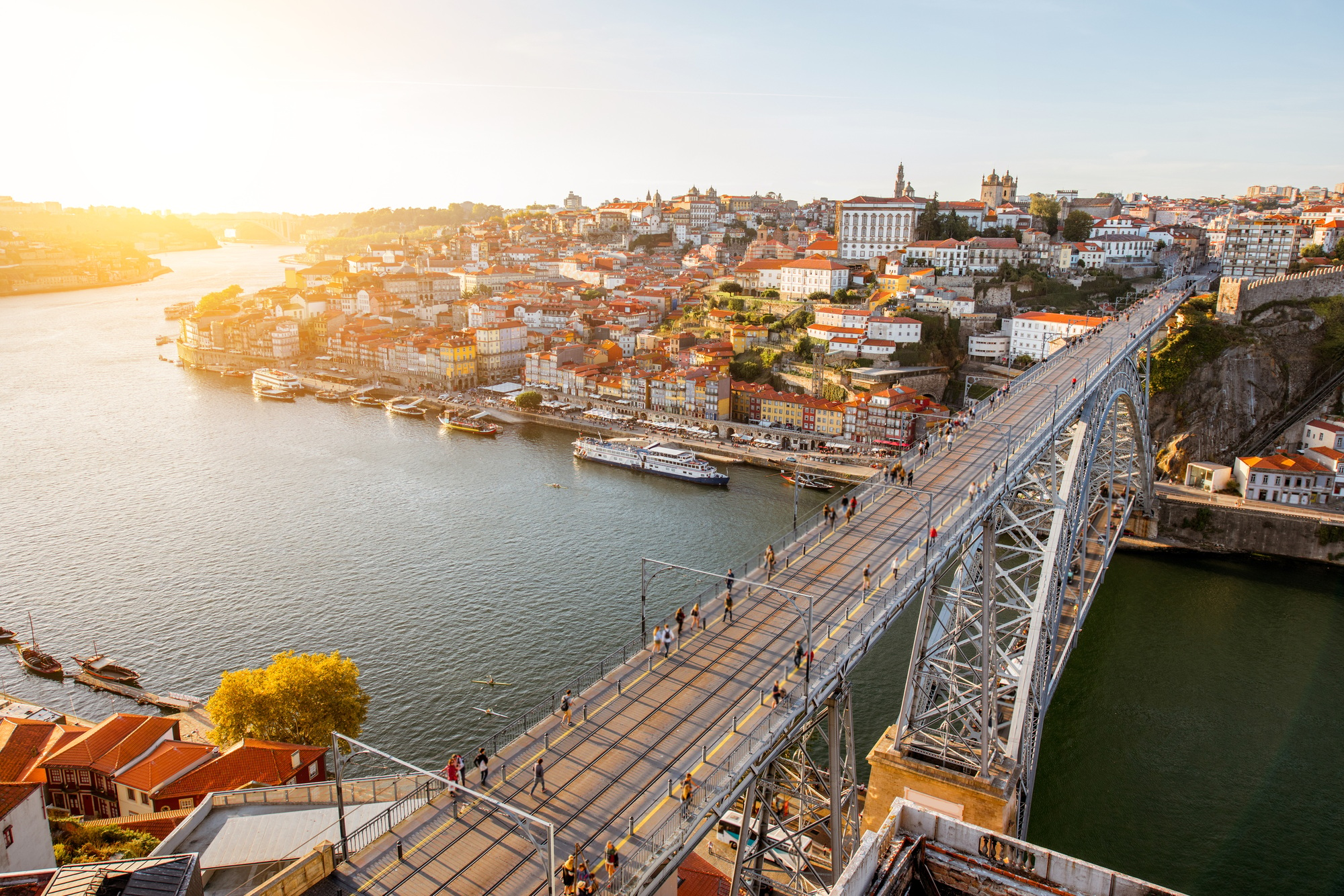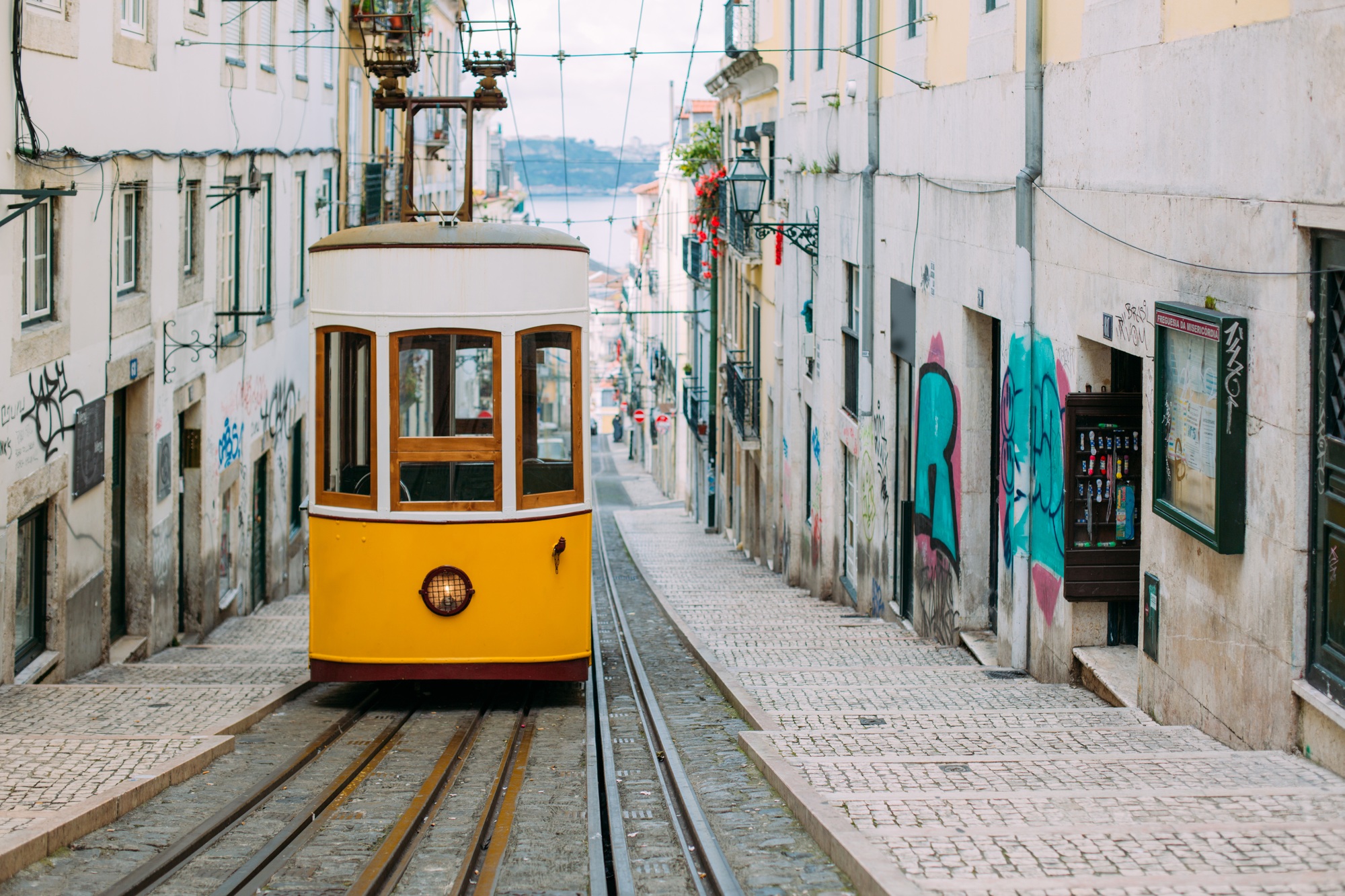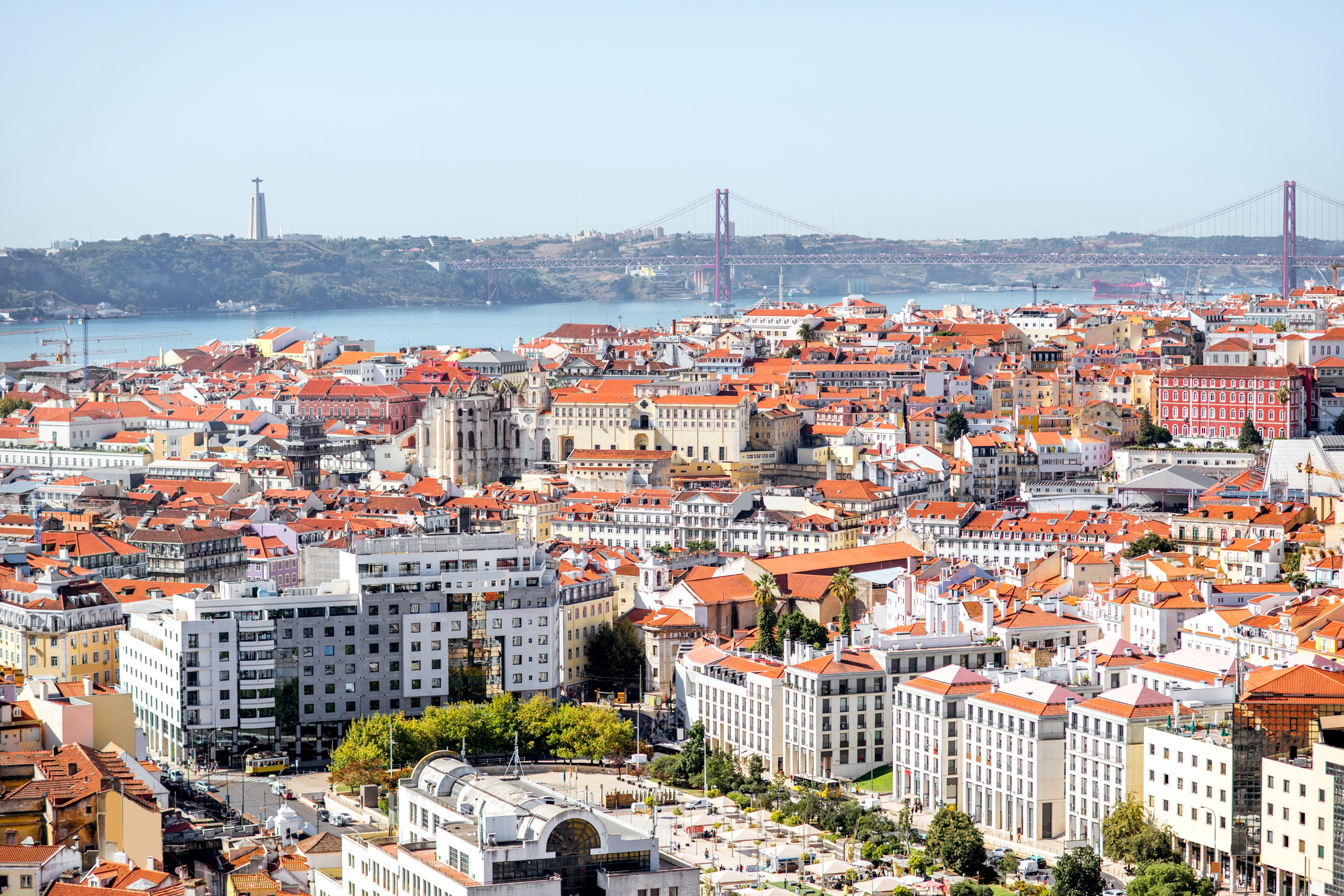From Paperwork to Pastéis de Nata—Everything You Need to Know
Moving to Portugal can feel like opening a treasure chest: there’s stunning architecture, a relaxed pace of life, and world-class cuisine. But digging into the details—finding a place to live, figuring out visas, and adjusting to cultural nuances—can be overwhelming. Consider this guide your step-by-step tutorial to navigating Portuguese life as an expat.
1. Pre-Arrival: Paperwork and Planning
Choosing the Right Visa
- D7 Visa: For retirees or those with passive income.
- Work Visa: For employees sponsored by a Portuguese company.
- Startup/Tech Visa: For entrepreneurs or highly skilled professionals in the tech sector.
Key Resource:
- SEF Portugal (Immigration and Borders Service) – Official visa guidelines, requirements, and application forms.
Budgeting and Research
- Cost of Living: Overall cheaper than many European capitals, but housing in Lisbon and Porto can be pricier.
- Healthcare: Public system (SNS) is subsidized. Private insurance is also available for more flexibility.
- Language: English is widely spoken in larger cities, but learning Portuguese basics helps build local connections.
Pro Tip:
Check sites like Numbeo to compare expenses.
2. Finding a Home
House Hunting Tips
- Lisbon: Trendy, international, but higher rents. Neighborhoods like Alfama or Santos are popular with expats.
- Porto: Cheaper than Lisbon, known for its cozy neighborhoods and bustling tech scene.
- Smaller Cities/Towns: Braga, Aveiro, and Coimbra often offer lower living costs with growing expat communities.
Renting vs. Buying
- Rent First: A flexible approach that lets you discover which area suits you best.
- Buying Property: Portugal’s Golden Visa offers residency pathways for non-EU nationals investing in real estate (minimum value thresholds apply).
Resource for Listings:
- Idealista – Extensive rental and purchase options.
- Imovirtual – Another popular portal for property searches.
3. Setting Up Essentials
Getting a NIF (Tax Number)
- Why You Need It: Required for virtually all financial transactions—renting an apartment, opening a bank account, even some utility bills.
- How to Get It: Apply at a local Finanças (tax office) or through an authorized representative if you’re still abroad.
Opening a Bank Account
- Documentation: Passport, NIF, proof of address, and sometimes a Portuguese phone number.
- Popular Banks: Millennium BCP, Caixa Geral de Depósitos, Santander Totta. Online banks (e.g., N26) are also an option, though you may still need a local account for certain transactions.
Helpful Link:
- Banco de Portugal – Central bank’s website with information on financial services.
4. Healthcare Basics
Public Healthcare (SNS)
- Registration: You can register with the SNS if you’re a legal resident. Typically, you’ll need your residency permit and social security number.
- Co-Pays: Doctor visits or hospital stays involve small fees, but prices are much lower than in many other countries.
Private Health Insurance
- Why Consider It: Faster appointments and more English-speaking specialists.
- Average Cost: Varies by age and plan, but generally more affordable than U.S. insurance premiums.
Official Info:
- SNS Portal – The Portuguese National Health Service site (primarily in Portuguese).
5. Working and Business Setup
Job Market Essentials
- Hot Sectors: Tech (software development, AI), tourism, real estate, and customer support roles.
- Language Skills: English is helpful, but Portuguese fluency can significantly broaden your opportunities.
Starting a Business
- Company Types: LDA (similar to LLC) is common for small-to-medium enterprises.
- E-Government Tools: Empresa Online allows you to register a company online.
Tip:
For entrepreneurial visas or funding, check Startup Portugal for incubator lists and state incentives.
6. Day-to-Day Living
Transportation
- Urban Areas: Lisbon has trams, buses, and a metro. Porto’s metro system is clean and efficient. Taxis and ride-sharing (Uber, Bolt) are widely used.
- Regional Travel: Comboios de Portugal (CP) runs the national rail network; Rede Expressos covers buses between cities and towns.
Food & Culture
- Cuisine: Don’t miss pastel de nata, bacalhau dishes, and local wines (try Vinho Verde in the north).
- Social Scene: Long lunches, late dinners, and an emphasis on family and friend gatherings. Small towns might have fewer international offerings but a strong sense of local community.
Learning the Language
- Where to Study: Private language schools, community centers, or online platforms like Duolingo.
- Benefits: Although English is widely understood in major cities, knowing even basic Portuguese helps with government paperwork and everyday interactions.
7. Navigating Bureaucracy
SEF Appointments
- Residence Permits: Renewals and appointments can be booked online but expect some delays.
- Registration at the Câmara Municipal: Useful for local tax and residency documentation—some municipalities require it if you plan to stay long-term.
Documentation Checklist
- Valid passport
- NIF (Portuguese tax number)
- Proof of address (rental contract or utility bill)
- Health insurance or SNS registration
- Employment or financial records (if applicable)
Official Portal:
- ePortugal.gov.pt – Government site offering e-services and forms in English for certain procedures.
8. Connecting with the Expat Community
Online Forums & Groups
- Facebook Groups: “Americans & Friends in Portugal,” “Expats in Lisbon,” or “Porto Expats.”
- Meetup.com: Find local gatherings centered on tech, language exchange, or social outings.
Volunteer or Join Clubs
- Local NGOs: Environmental or cultural organizations often seek volunteers; this helps you integrate faster.
- Sports Clubs: From football to stand-up paddleboarding on the coast—Portugal’s mild climate invites outdoor activities year-round.
9. Embracing the Culture
Festivals & Holidays
- Santos Populares: Lisbon’s lively street parties in June, featuring grilled sardines and dancing in Alfama’s narrow lanes.
- São João Festival in Porto: Mid-June bash with music, fireworks, and a playful tradition of tapping people on the head with plastic hammers.
Pace of Life
- Manhã (Morning): Espresso and a pastry is the norm.
- Lunch Break: Often a leisurely meal with friends or colleagues.
- Evenings: Bars and restaurants open late; dining past 8 p.m. is standard.
10. Final Tips for a Smooth Transition
- Patience is Key: Official processes can be slow. Approach them with calm and a sense of humor.
- Adapt to Local Rhythms: Accept that shops may close early on weekends. Embrace the slower pace—this is part of Portugal’s charm.
- Stay Curious: Learn about history, attend local festivals, and try regional dishes. Engage with neighbors and co-workers; the Portuguese are generally welcoming and appreciative of genuine interest in their culture.
Quick Reference Links
- SEF Portugal – Immigration and Borders Service (visas, residency info)
- ePortugal – Government services and procedures
- SNS (Healthcare) – Portuguese National Health System (in Portuguese)
- Startup Portugal – Entrepreneurial resources






